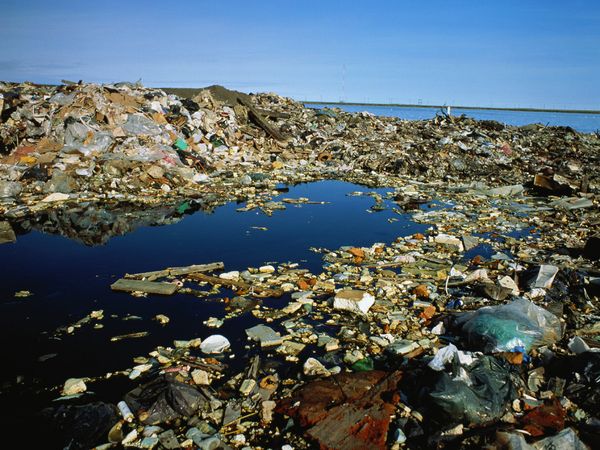Pollution from disposable plastic bags
Nowadays, pollution in the air, the water, soils, sustainable development, plastic waste including plastic bags are current stakes for the societies. People are feeling more and more upset by all of this information, press, governments and many organizations are often talking about it, repeating the same things again and again.
However, they want to act but they often get lost with all the different types of information, so their will is decreasing. Population act without thinking, they just follow the others according to the regulations. So, the purpose of this article is therefore to share with you some information you need to realize that you can give your support every day, with small, easy actions.
By this way, you must know that it takes 400 years for a plastic bag to degrade whereas the average duration of use of 20 minutes, it takes more than four centuries for the bag to break down into nature, can you imagine? That is not all, about 500 billion plastic bags are distributed every year, and over 120 million of them pollute the coasts today. As you know, this pollution is a disaster for the environment: pollution of the water table that threatens agriculture, air pollution caused by the release of dioxin (source of lung cancer) due to the combustion of plastic waste and plastic bags, as well we can talk about the accumulation of plastic bags on the grounds is preventing water getting into the Earth causing floods as this was the case in Dacca. In fact, the capital of Bangladesh was victim of floods that is why they fight against the use of reusable plastic bags today.
It is all well and good talking about this disaster for the environment but after such an observation, it’s time for action. Many long-term action plans are evoked, whereas the first step is to identify the nature of this congestion. Why make it complicated when it can be simple? It seems to be within the best interest for everyone not to throw away their garbage and pick up the trash that pollute our streets. Indeed, we must start by treating those that cause the problem before finding solutions to recycle, replace or even banish them. More and more people agree with this way of thinking this is why social and collective projects are happening and being put into force. Plastic bag collection operations are being launched in order to contribute to the sustainable development, but also to sensitize populations. Recently, in France, primary school students with their teachers and elected officials participated in a waste clean-up operation. In an hour of time, they were able to collect 900 liters of waste unconsciously abandoned by walkers and sportsmen who regularly come to enjoy the banks of the river. This management is the responsibility of the local authorities and depends on their initiatives and agrees with the European instructions. The collection of this waste is at the heart of many debates and the funds dedicated to this “cause” are constantly increasing in order to harvest and recycle them for a more sustainable world. The 2015 Odyssey, Race for Water, had denounced the fact that street collectors, also called rag pickers, did not deal with plastic waste such as bags. The idea was therefore to compensate them for “de-pollution”.
On the other hand, other means of prevention are then put in place to deal with this environmental disaster. Some groups have put in place mechanisms to re-integrate tons of plastic waste into their production cycle. This costly and technical means of recovering waste is being developed today thanks to research and development. On the other hand, selective sorting remains topical, making it possible to recycle waste and in order to preserve non-renewable energies and avoid pollution. This measure allows us to pay particular attention to our consumption in general. These are small habits that can help prevent the consumption of plastic bags also is part of it. It is not for nothing that the ban on disposable plastic bags are spreading all over the world. Indeed, all these disposable plastic bags that were made available to you everywhere are largely responsible for the pollution of soils and waters. These single-use plastic bags are increasingly replaced by reusable bags but also biodegradable and / or compostable bags.
Let’s change our behavior!
Links :
http://www.centre-presse.fr/article-522705-ils-ont-nettoye-la-sauvagerie.html
http://www.liberation.fr/futurs/2017/04/09/plongee-dans-l-ocean-plastique_1561588
http://www.ladepeche.fr/article/2017/03/16/2536676-chasse-aux-depots-sauvages.html
http://www.massolia.com/bio-durable/campagne-d-e-ramassage-des-sacs-plastiques-usagers-et-leur-elimination/





